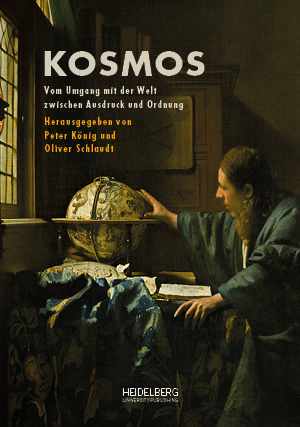How to Cite
Identifiers (Book)
Published
Final Causes and the Clockwork Universe: The Mechanistic Worldview
Abstract Although the final causes banished from science by Descartes and his generation were quickly readmitted by the next generation, there is some significant truth to the traditional story that modern science excluded final causes for nature. An analysis of the mechanistic world picture or the clockwork model of the universe shows that the irrelevance of final causes is a consequence of that picture or model. A clock, unlike a mill or a loom, does not produce anything. The clockwork is a transmission mechanism that does not turn a grindstone or otherwise perform useful work, but rather runs idle. Even such an advocate of final causes as Leibniz, distinguished categorically between an (ideal) ‘physical’ perpetuum mobile, like the world system, and an (absurd) ‘mechanical’ perpetuum mobile that could run perpetually while performing useful work that could be appealed to as its purpose. Some affordances and constraints for science and philosophy that result from the clockwork model are also discussed.
Keywords final causes; “machina mundi”; “perpetuum mobile”: scientific method; Scientific Revolution; worldview







